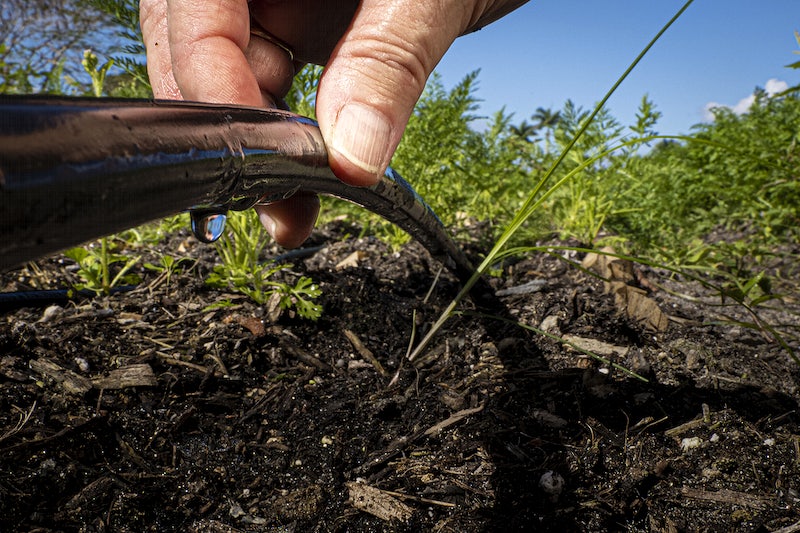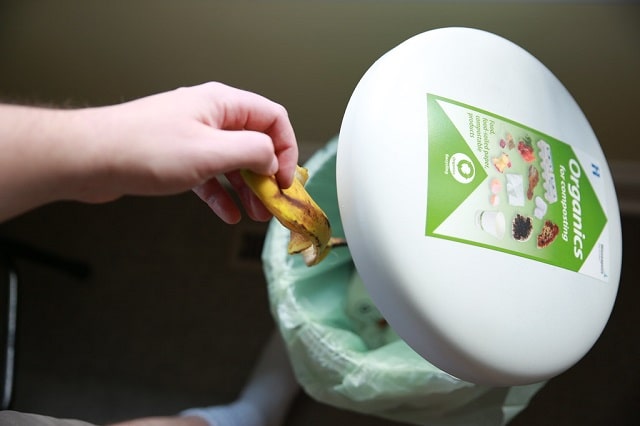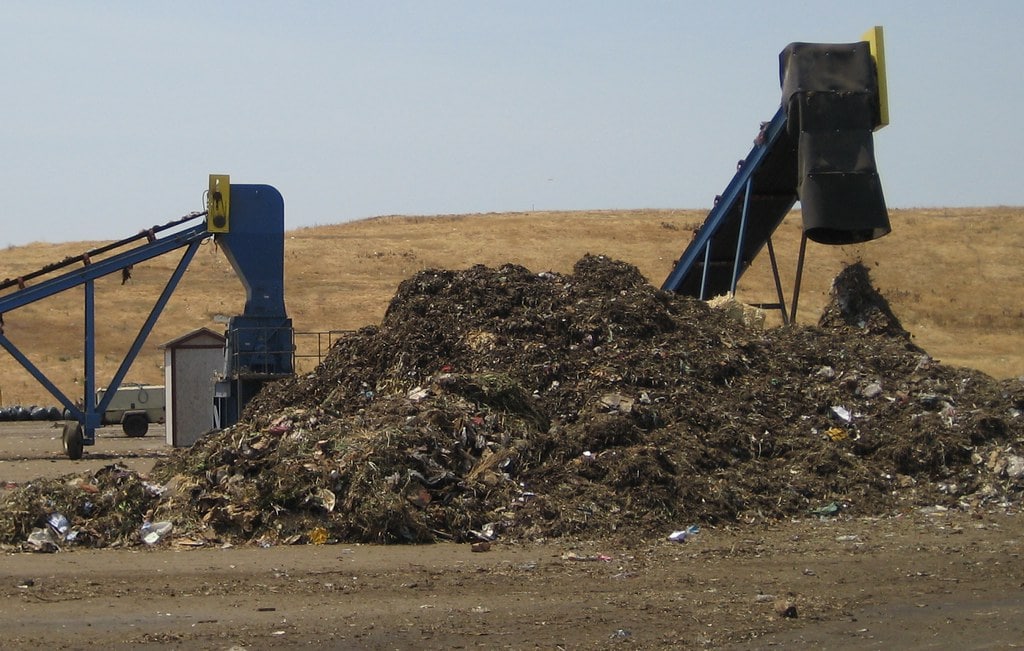- About us
About Green Tribe
With operations throughout North America, our branches have expanded, but our commitment to scientifically-based horticultural and environmental services and outstanding client service has never wavered.
Join Our Team And Grow With Us!
Looking for a rewarding career with opportunities for growth? With jobs available throughout North America, Davey has an opportunity for you in the location you desire.
- Company Histroy
- Safety Culture
- Community Engagement
- Corporate Responsibility
- Science & Research
- Training & Education
- Employee Ownership
Newsroom
- Press Release
- News Articles
Recent Blog Article

My Blog
Lorem ipsum dolor sit amet, consectetur adipiscing elit. Ut elit tellus, luctus nec ullamcorper mattis, pulvinar dapibus leo.
- Services
Services
Our ISA certified arborists live and work in your community. Our tree doctors are committed to helping take care of your trees and shrubs to ensure your property remains beautiful and healthy.
Contact Us
Contact your local Davey representative to find out how you can partner with Davey on your next project.
Residential
Commercial
Recent Blog Article

My Blog
Lorem ipsum dolor sit amet, consectetur adipiscing elit. Ut elit tellus, luctus nec ullamcorper mattis, pulvinar dapibus leo.
- Consultancy
- Portfolio
- Projects & Campaigns
- Careers
- Contact us







